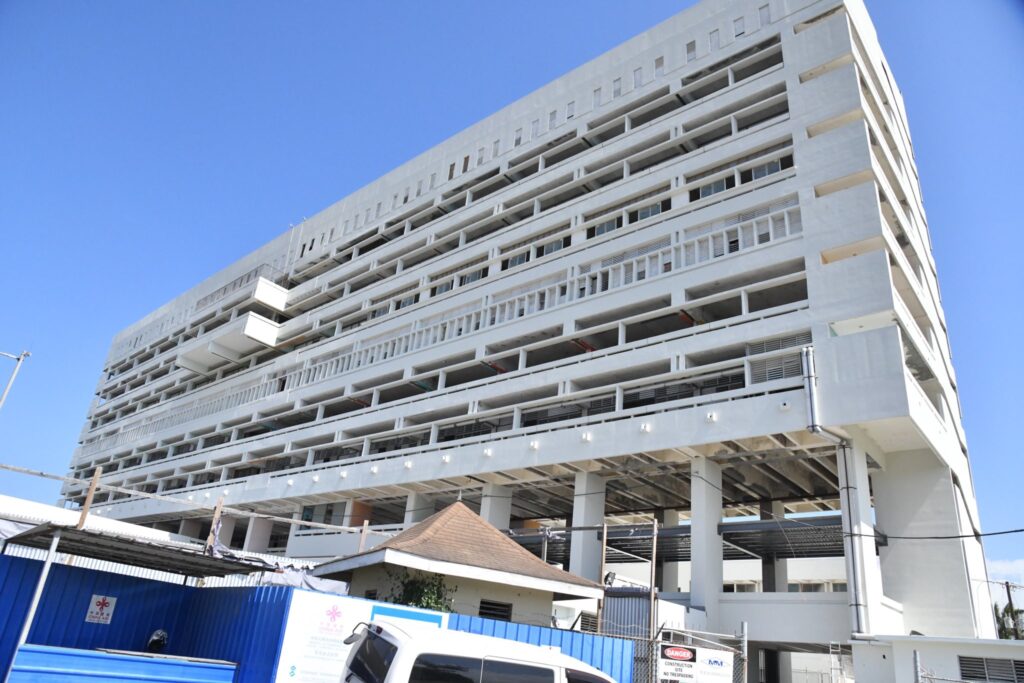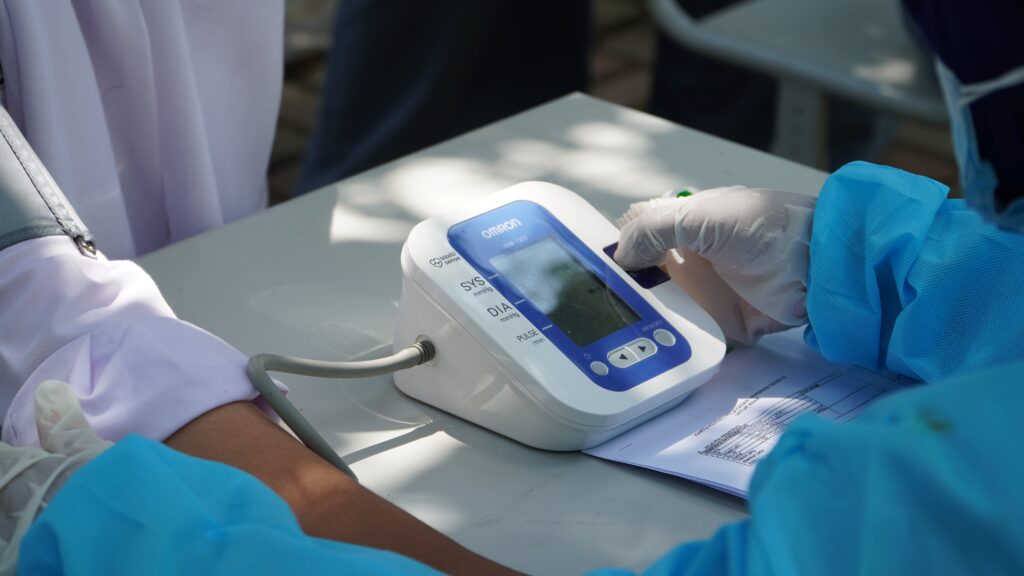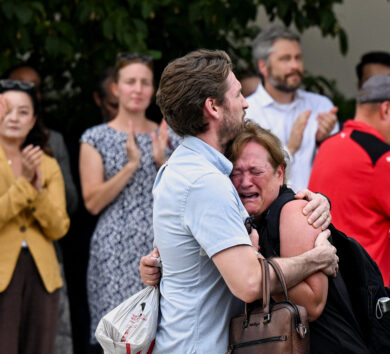

Healthcare has always been a hot topic in Jamaica, with successive governments building platforms on their commitment to improving and elevating it for the benefit of all citizens.
There has been recent coverage in the media of the major renovation being undertaken at the Cornwall Regional Hospital in Montego Bay, St James, as well as the construction of a children and adolescent hospital on the same grounds.
These major projects stand as proof of the mandate to ensure that ordinary Jamaicans have access to state-of-the-art facilities and world-class healthcare.
It is hard to miss, however, that general access to good healthcare is limited for many Jamaicans, especially those in rural areas.
For this reason, Jesse James Clarke, junior shadow spokesman health and wellness, believes that preventive healthcare should be given more priority in order to help the population attain better health outcomes.
Speaking to Our Today, Clarke suggested that more emphasis should be placed on equipping the island with mobile health units in order to reach certain citizens that may not have access or the ability to reach the nearest clinic or doctor.
“We noticed in COVID that we could do mobile testing so we should be able to take the same concept and adapt it to the non-communicable diseases that we know are prevalent here. Some of these people cannot afford to lose a day of work to get those tests done and wait until it is too late. If we had special units assigned to each zone, then we could track our citizen’s health more proactively.” Clarke posited.
There was a recent resolution proposed for the employment of mobile health units signed by councillor Eugene Kelly, of the Whitfield Town Division, and seconded by councillor Charmaine Daniels, of the Allman Town Division, who suggested that the mobile units would be an effective way of helping persons who cannot afford the costs associated with diagnostic and screening tests. It would also add a layer of convenience to healthcare that may not be available to all citizens.

The resolution was approved by the Kingston and St Andrew Municipal Corporation and launched the ‘Know Your Numbers’ campaign that encourages citizens to get these screenings done. The resolution has also been approved in other municipal corporations islandwide, specifically in St. Elizabeth, Trelawny, Hanover and Clarendon. It targets tests for diabetes, high-blood pressure and other lifestyle health issues to allow for the public to be aware of the state of their health. The campaign involves hosting many health fairs located in town centres where citizens can get those tests done.
Clarke suggests that a standalone fair is useful and has benefit, but also points out that there is still a large number of people who those fairs will not reach.
“You might have a fair in say Port Maria, some of those people might not live there and were only there that day, doing some other business. They probably live in a whole other community full of people who that fair will not reach. Plus, if they get tested that day, can they afford to wait for another fair the following year to get follow-up visits? It would be more important that when that person leaves that fair, there is a health care facility available to them that they know will be near them more frequently. “

The mobile health units would bridge this gap and allow for follow-up visits to be more accessible.
It was also suggested that these tests are not simply conducted for the purpose of the citizens knowing their numbers, but that government is also able to track the occurrences of these health problems and that this tracking could help when making long-term policy decisions in relation to health.
“It is important that while we work on our facilities to ensure that emergencies and elective procedures can happen at a faster rate and with better outcomes, it is also important that the long-term health of our population is cared for as well”.






Comments